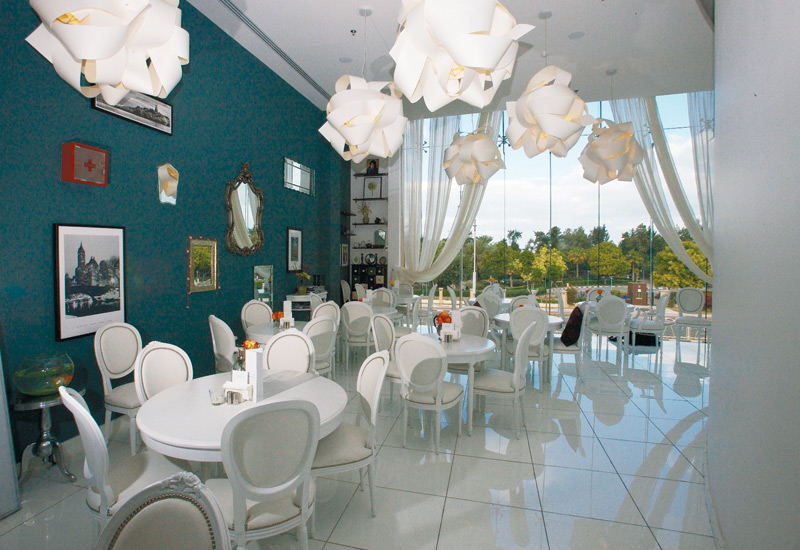Western F&B franchises may have mushroomed across the Middle East over the past decade, but nowadays the industry’s innovators are looking closer to home for their F&B concepts
The Middle East may talk of being a gastronomic hub, but its sense of pride has always been somewhat dimmer in the field of franchises, where the vast majority of chain outlet concepts have been imported from the west.
But that has started to change in recent years, with a new generation of F&B innovators looking to put their own stamp on the regional market.
Cupcake concept Sugar Daddy’s Bakery launched two years ago in Amman, Jordan, and now has branches in Dubai and Beirut as well.
“I met Fadi Jaber, the brand founder, two years ago just after he’d started Sugar Daddy’s in Jordan; I thought it was a great concept, and we partnered up,” explained Dubai owner Dana Jallad.
“We brought it to Dubai in a slightly more modern format, because we wanted it to fit with the contemporary nature of the city.
“Our concept is quite unique — everything is home-made and we do some products that are rather unusual in this region, such as pecan pie and bannoffee pie.”
Coffee Planet is another local brand making a name for itself. Created and launched in the UAE in June 2005, the company has expanded rapidly, setting up its own roastery facility in Dubai and establishing various supply, training, retail and café concepts to the market.

| Advertisement |
“Currently, Coffee Planet is available in the UAE and expanding throughout Oman with its franchise partner Crown Muscat International… and the new retail concepts start to touch down over the next three years,” said business development director Robert Jones.
Bagel café concept Circle was launched in 2003 in Dubai Media City and opened its second outlet in the city’s Jumeirah district in January of this year.
Meanwhile Cravia’s Zaater w Zeit chain launched its first outlet in 1999 in Lebanon, taking the country’s traditional dish mankoushe to a new level, and now operates in Dubai, Kuwait, Jordan and Qatar.
Zaater w Zeit senior brand manager Mahmoud Harb said most Middle Eastern brands faced “a common problem”.
“They operate at high costs, compared to huge brands such as McDonald’s, Pizza Hut and so on. They have the advantage of having been in the market for more than 50 years, so they’ve had enough time to collect the best practices and spread them across their restaurants worldwide,” he explained.
Sugar Daddy’s Jallad added: “These have been tried and tested — we’re creating concepts from scratch.
“The plus side of doing all this work, of course, is that you can be sensitive to the regional market,” she noted.
“These western franchises lack cultural slants; they’ve been created for the US or Europe and when they come here they are not in touch with the cultural experience of these Middle Eastern countries.
“Local brands have the opportunity to capture this appeal from the start — we actually used our regional heritage to give us a unique edge,” she explained.









 Search our database of more than 2,700 industry companies
Search our database of more than 2,700 industry companies









